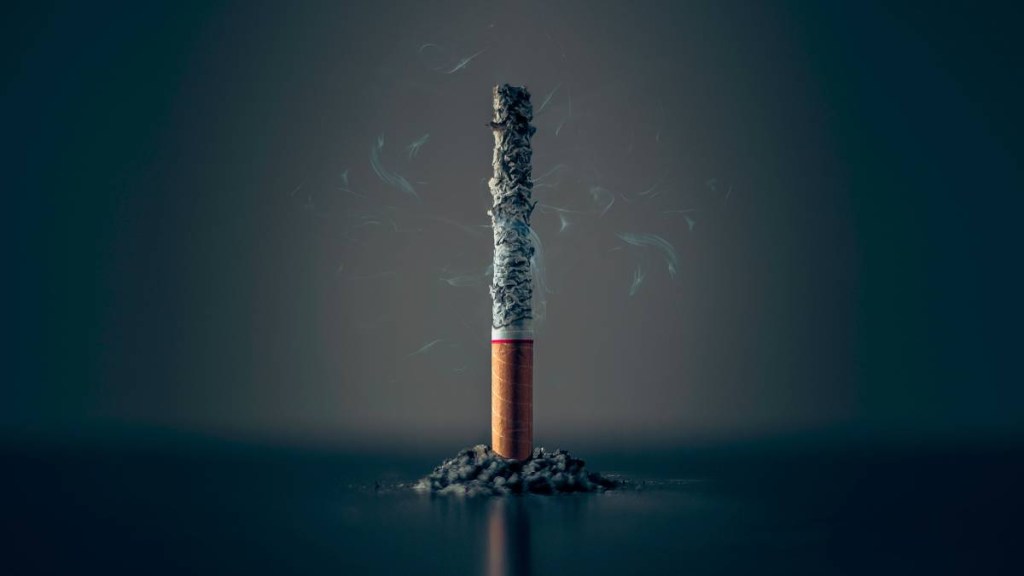As we are aware of the harmful effects of cigarettes, the smoking industry doesn’t seem to make any changes. Every year March 13 is observed as ‘No Smoking Day’ to remind people of its adverse implications on the human body.
History:
No Smoking Day originated on Ash Wednesday in 1984. Since then, it has been observed annually on the second Wednesday of March in the UK.
The Dangers of Secondhand Smoke:
According to the World Health Organization (WHO), tobacco claims over 8 million lives every year, with approximately 1.3 million of those deaths being non-smokers exposed to secondhand smoke.
Secondhand smoke, also known as passive smoking, is the unintentional inhalation of smoke from burning tobacco products such as cigarettes, cigars, or pipes.
Health Risks of Secondhand Smoke:
- The Centers for Disease Control and Prevention (CDC) states that exposure to secondhand smoke can lead to coronary heart disease, stroke, and lung cancer in non-smokers.
- WHO emphasizes that secondhand smoke affects both smokers and non-smokers, increasing the risk of lung cancer and coronary heart disease.
- Exposure to secondhand smoke can also result in cardiovascular diseases like high blood pressure, arteriosclerosis, heart attack, or stroke.
- Additionally, secondhand smoke can exacerbate lung conditions such as chronic obstructive pulmonary disease (COPD) and asthma, as well as impact reproductive health.
- In children, exposure to secondhand smoke can cause frequent coughing, sneezing, shortness of breath, and other respiratory issues.
Given the potential health risks associated with secondhand smoke, it is crucial to quit smoking for your own well-being and that of those around you.

